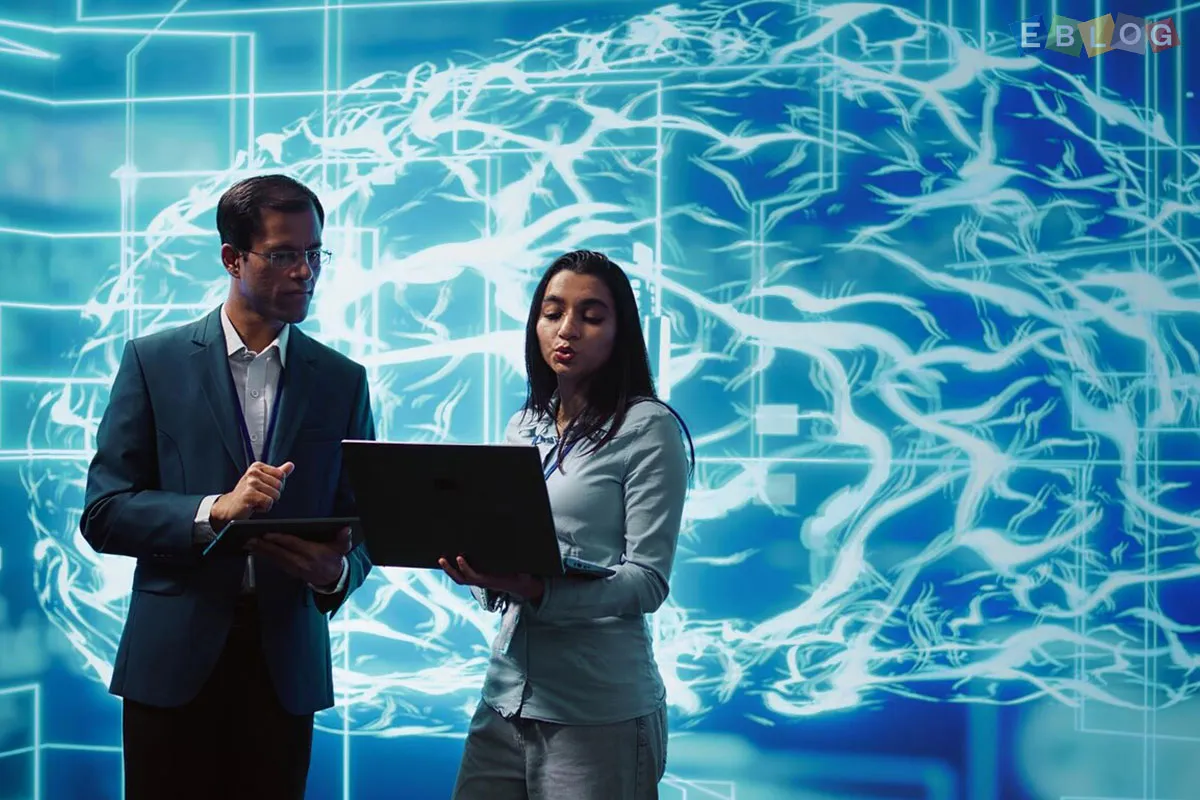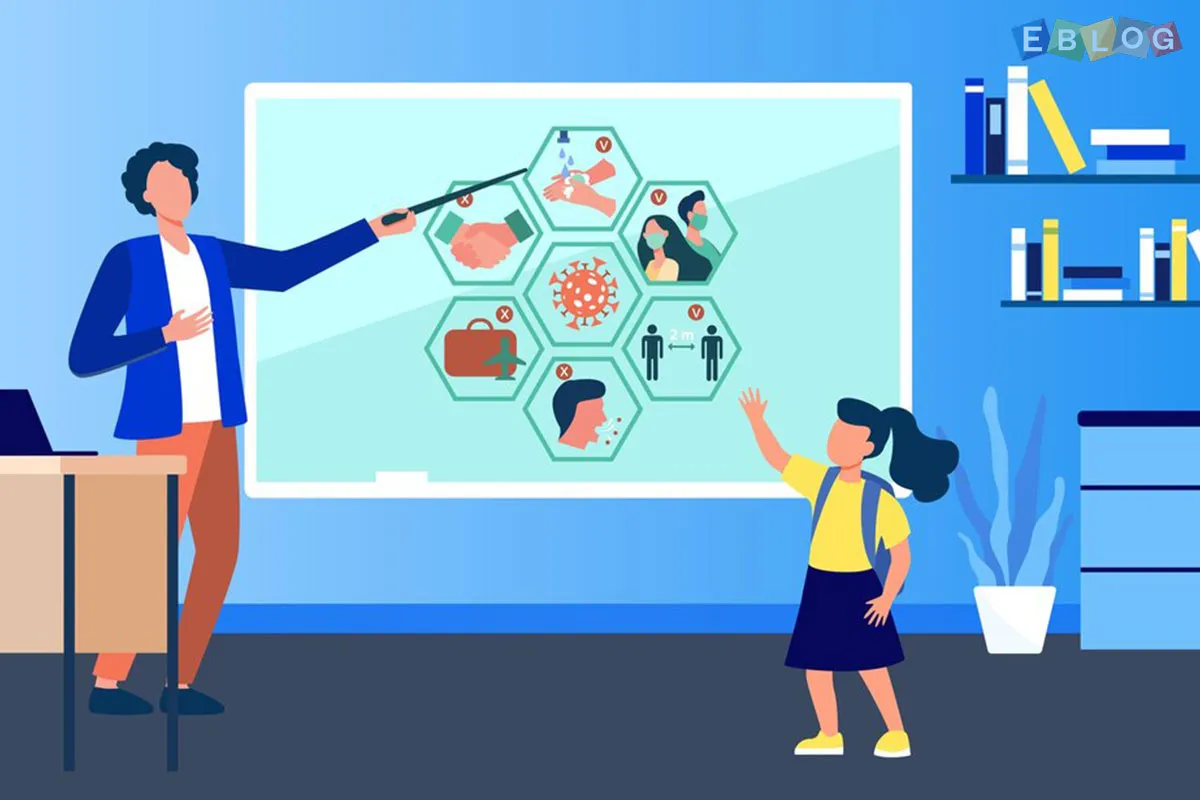
The Impact Of AI On HR Compliance In 2024
- 26 Jul, 2024
- Education
- 564 Views
- 0 Comments
As artificial intelligence (AI) continues to revolutionize industries across the globe, its impact on Human Resources (HR) compliance is becoming increasingly profound. In 2024, AI is not only enhancing efficiency and productivity but also transforming the way organizations manage HR compliance. From ensuring adherence to complex regulations to promoting a culture of fairness and transparency, AI is playing a pivotal role. Let’s explore how AI is shaping HR compliance in the modern workplace.
1. Streamlining Compliance Management
One of the most significant impacts of AI on HR compliance is the automation of routine tasks. AI-powered systems can handle repetitive compliance-related activities, reducing the burden on HR professionals and minimizing human error.
a. Automated Documentation: AI tools can generate, organize, and manage compliance-related documents, ensuring they are up-to-date and easily accessible.
b. Real-Time Monitoring: AI systems can continuously monitor HR activities and flag any potential compliance issues in real-time, allowing for immediate corrective action.
c. Policy Updates: Keeping track of ever-changing regulations is a daunting task. AI can help by automatically updating company policies to reflect the latest legal requirements.
2. Enhancing Employee Onboarding and Training
AI is transforming the onboarding process, making it more compliant and efficient. From verifying credentials to ensuring new hires understand company policies, AI can handle it all.
a. Credential Verification: AI-driven systems can quickly and accurately verify employee credentials, ensuring compliance with industry standards and legal requirements.
b. Personalized Training: AI can create personalized training programs that ensure employees understand compliance policies relevant to their roles. Interactive AI-driven training modules can also keep employees engaged and informed.
3. Promoting Fairness and Transparency
AI has the potential to reduce bias and promote fairness in HR practices, which is crucial for compliance with anti-discrimination laws and regulations.
a. Bias Detection: AI algorithms can analyze hiring and promotion data to identify and mitigate potential biases, ensuring fair and transparent decision-making processes.
b. Equal Opportunity Monitoring: AI can monitor workplace practices to ensure they align with equal opportunity regulations, helping organizations maintain a diverse and inclusive workforce.
4. Data Security and Privacy
With increasing concerns over data security and privacy, AI is helping HR departments navigate these challenges more effectively.
a. Data Encryption: AI can enhance data security by encrypting sensitive HR information, and protecting it from unauthorized access and breaches.
b. Compliance Audits: AI can conduct regular compliance audits to ensure data handling practices meet regulatory standards, such as GDPR or CCPA.
5. Predictive Analytics for Proactive Compliance
AI’s predictive analytics capabilities allow HR departments to anticipate and address compliance issues before they arise.
a. Risk Assessment: AI can analyze historical data to identify patterns and predict potential compliance risks, enabling proactive measures to mitigate them.
b. Trend Analysis: By examining trends in employee behavior and industry practices, AI can provide insights that help organizations stay ahead of compliance challenges.
6. Challenges and Considerations
While AI offers numerous benefits for HR compliance, it is not without challenges. Organizations must be mindful of the following:
a. Data Bias: AI systems are only as good as the data they are trained on. Ensuring that AI algorithms are trained on diverse and representative data is crucial to avoid perpetuating existing biases.
b. Transparency: The decision-making processes of AI systems should be transparent and explainable to build trust and ensure accountability.
c. Legal and Ethical Considerations: Organizations must navigate the legal and ethical implications of using AI in HR, ensuring compliance with all relevant laws and maintaining employee trust.
7. Conclusion
In 2024, AI is proving to be a game-changer for HR compliance, offering innovative solutions to streamline processes, enhance fairness, and proactively manage risks. By leveraging AI, organizations can not only ensure compliance with complex regulations but also foster a culture of transparency and inclusivity. However, it is essential to approach AI implementation thoughtfully, addressing potential challenges to fully realize its benefits. As AI continues to evolve, its role in HR compliance will undoubtedly expand, shaping the future of the modern workplace.















Leave a Reply